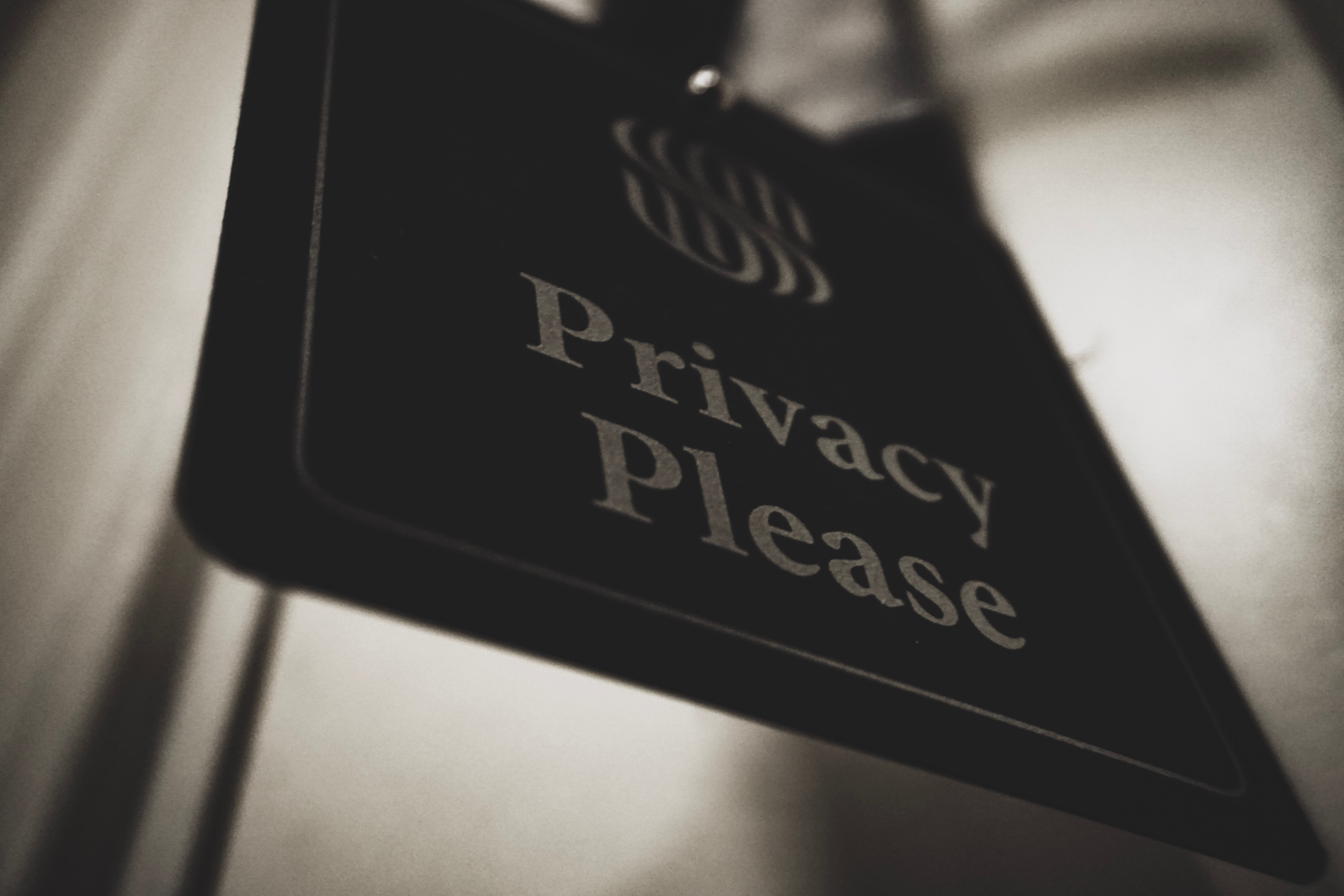
Right to Privacy in Criminal Matters
The right to privacy is a fundamental human right. Article 18, clause 2 of the 1992 Constitution provides that:
“No person shall be subjected to interference with the privacy of his home, property, correspondence or communication except with law and as may be necessary in a free and democratic society for public safety or for economic well-being of the country, for the protection of health or morals, for the prevention of disorder or crime or for the protection of the rights of freedom of others.”
Although this right is entrenched, nevertheless, it is not absolute in the sense that it can be derogated from for the purposes of preventing crime and protecting the rights or freedom of others. But then again, in my opinion, unless a court permits for the invasion of the privacy of an accused person, the right to privacy of a person under criminal proceedings subsists.
This article focuses on the right to privacy in criminal matters, particularly the
Interpretation of right to privacy
Under the 1992 Constitution, there is no specific provision excluding evidence obtained in breach of a constitutional right to privacy. That notwithstanding, in the case of Raphael Cubagee v Michael Asare
Pwamang JSC observed:
“Enforcement of human rights is not a one way street since no human right is absolute. There are other policy considerations that have to be taken into account when a court in the course of proceedings is called upon to enforce human rights by excluding evidence and that explains why more jurisdictions have now adopted the discretionary rule approach”
Here, the court considered the need to balance public interest and human rights in adopting the discretionary exclusionary rule. The court held that enforcement of human rights, particularly the constitutional right to privacy is to be exercised on a case-by-case basis, and not automatically. For this reason, what then is the position of the court on the admissibility of evidence obtained in violation of a person’s constitutional right, more specifically, the right to privacy in criminal proceedings?
Right to privacy in criminal proceedings
In the case of Edmund Addo v IGP & A-G,the police seized the applicant, Edmund Addo’s electronic gadget without a court warrant. They forced the applicant to provide his passwords but he refused. They later engaged the service of some IT experts to access the phone and the laptop with the purpose of using the evidence gathered to prosecute the applicant. The applicant brought an action to the High Court to ask the court to declare that his rights to privacy, property and fair trial were been violated. Counsel for the applicant argued that the police, having already taken custody of the gadgets, had no power to access their content without a court warrant authorizing them to do so. On the other hand, the A-G argued that crime was ground for suspending the right of a person to privacy. The court held that the conduct of the police amounted to a violation of the rights to privacy and fair trial. Consequently, the court ordered the police to submit the said gadgets to the court within 14 days.
In light of this, it appears that the position of the courts support my argument that unless as otherwise warranted by a court, the constitutional right to privacy of a person in criminal proceedings in respect of a criminal offence is inviolable, as it was also held in the case of Okorie v The Republic. In that case, the police procured the statement of the appellant and charged him with murder without informing him of right to counsel. The court held that the statement was obtained in violation of the appellant’s constitutional rights, and therefore, it was inadmissible in evidence at the trial.
Conclusion
So, as it may seem that a person who has been charged with a criminal offence is, without more, deprived of his constitutional right to privacy. However, the Ghanaian criminal jurisprudence maintains under article 19(2) of the 1992 Constitution that, a person charged with a criminal offence shall be presumed to be innocent until he is proved to be guilty or has pleaded guilty. Article 18(2) provides that “except with law” the right to privacy can be derogated from for the purpose of public safety and prevention of crime.
Thus, the violation of the right to privacy ought to follow the law. This means that the right to privacy of an accused person can only be taken away with an order of the court. Any act to the contrary may constitute a breach of the law.

